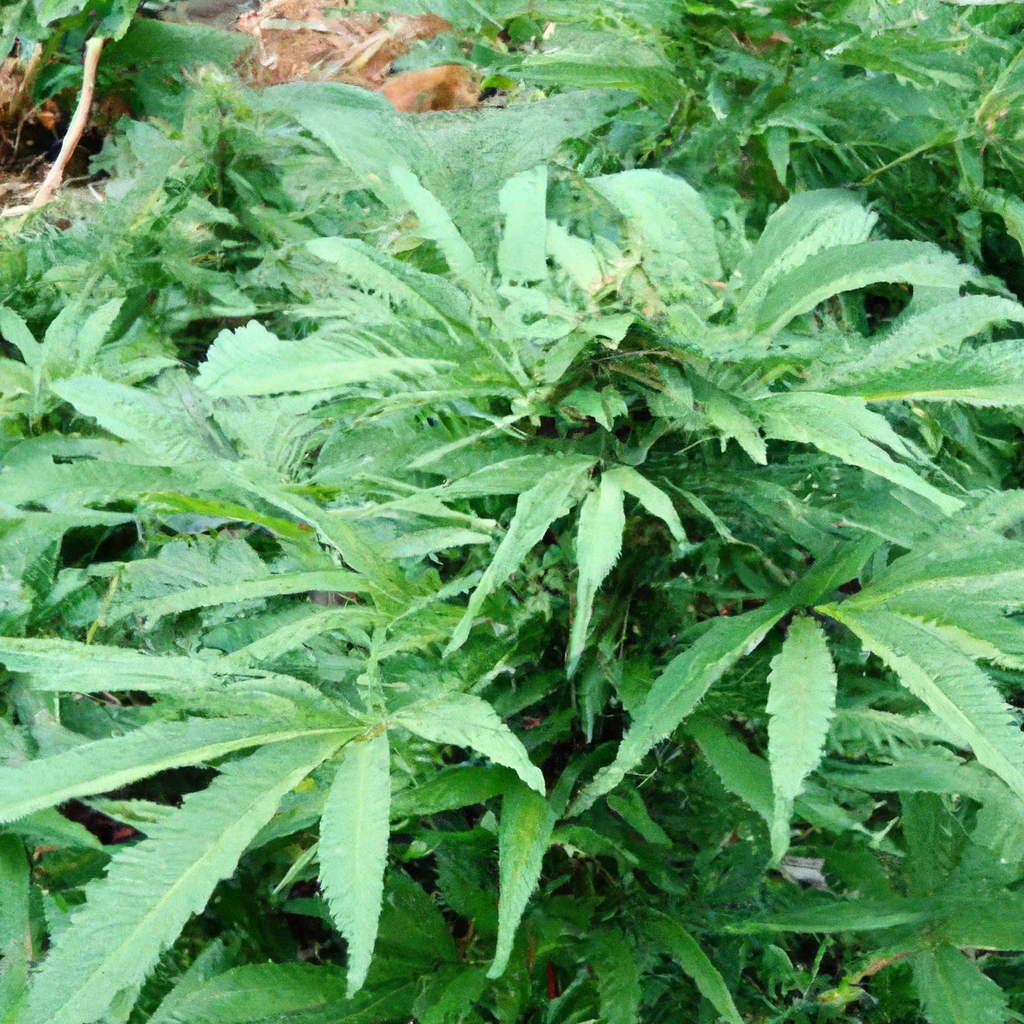Your cart is currently empty!
Introduction
As the world of cannabis cultivation continues to expand, there is a growing emphasis on sustainable and organic practices. Organic cannabis cultivation not only benefits the environment but also caters to the increasing consumer demand for clean, chemical-free products. This blog post explores the essential practices for growing organic cannabis successfully and sustainably.
Natural Fertilizers: Boosting Soil Health
Emphasizing natural fertilizers is a cornerstone of organic cannabis cultivation. These include compost, worm castings, and other organic matter that enrich the soil with nutrients without the drawbacks of synthetic chemicals. Here’s why natural fertilizers are a game-changer:
- Promote Microbial Activity: Natural fertilizers enhance soil life, promoting beneficial bacteria and fungi that are crucial for nutrient absorption.
- Sustain Nutrient Release: They offer a slow release of nutrients, ensuring a steady supply to your plants over time.
- Improve Soil Structure: Organic matter improves soil aeration and water retention, vital for plant health.
Harnessing Compost: Nature’s Gold
Compost is often referred to as “black gold” in organic gardening circles. It’s a natural and sustainable way to recycle plant waste into valuable nutrients that benefit cannabis plants tremendously.
- Creating Compost: Combining kitchen scraps, lawn clippings, and leaves can create a rich compost. Ensure a balance of green and brown materials.
- Application: Use compost as a top dressing or mix it into the soil to enhance fertility and retain moisture.
Natural Pest Control: Keeping Pests at Bay
Organic cannabis growers must find ways to manage pests without synthetic pesticides. Utilizing beneficial insects and natural sprays can be highly effective:
- Beneficial Insects: Ladybugs and predatory mites are excellent natural predators of cannabis pests.
- Natural Sprays: Neem oil and insecticidal soap are effective against aphids and spider mites, ensuring minimal impact on beneficial insects.
Building a Healthy Soil Ecosystem
The foundation of any flourishing organic cannabis garden is its soil. A healthy soil ecosystem increases plant resilience and productivity:
- Layered Mulching: Besides conserving moisture, mulch breaks down into organic matter that feeds the soil.
- Crop Rotation and Companion Planting: Rotate cannabis with other crops and plant companion species like clover and basil to deter pests and enhance growth.
Conclusion
Organic cannabis cultivation is an exciting and environmentally responsible way to grow top-quality cannabis. Implementing natural fertilizers, harnessing the power of compost, and embracing natural pest control methods can significantly enhance plant health and produce cleaner, more potent yields. Choosing organic techniques not only respects the planet but offers consumers a purer, more sustainable cannabis experience.


Leave a Reply